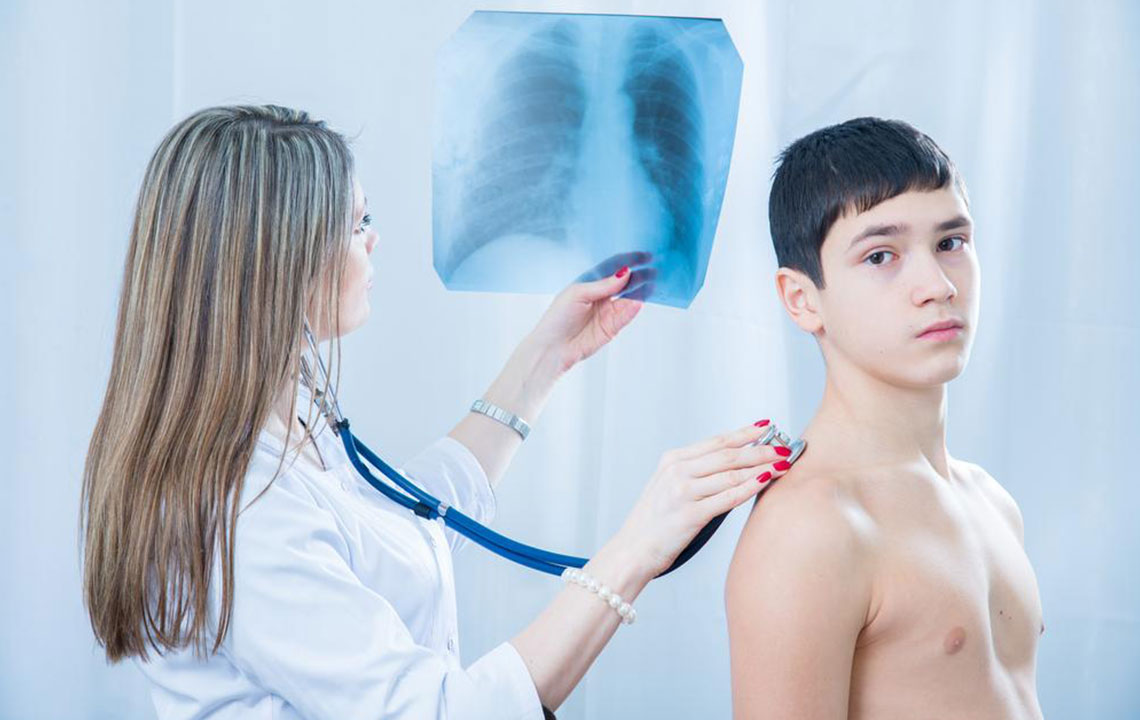Comprehensive Guide to Pneumococcal Lung Infection: Causes, Symptoms, and Prevention
This comprehensive article explores pneumococcal lung infection, highlighting its causes, symptoms, diagnosis, and effective treatment strategies. It emphasizes the importance of vaccination and early intervention to prevent severe complications, especially in vulnerable populations like children and seniors. Learn about preventive measures, natural remedies, and the significance of prompt medical care to combat this bacterial pneumonia effectively.

In-Depth Overview of Pneumococcal Lung Infection
Pneumococcal pneumonia is a serious bacterial infection that originates in the upper respiratory system and has the potential to spread to various parts of the body, including the lungs, middle ear, and nervous system, if not diagnosed and treated promptly. This condition poses significant health risks, especially among vulnerable populations, and understanding its causes, symptoms, preventive measures, and treatment options is crucial for effective management.
This respiratory illness primarily affects young children under the age of five and seniors over 65 years old. These groups are at a higher risk for severe complications and increased mortality rates associated with pneumococcal infections. Additionally, adults suffering from chronic health conditions such as cardiovascular diseases, liver disorders, and sickle cell anemia are also more susceptible to developing severe symptoms and complications from this disease.
The root cause of this infection is primarily bacterial, although it can also arise from viral or fungal agents. The most common bacterial pathogen responsible for pneumococcal pneumonia is Streptococcus pneumoniae, also known as pneumococcus. This bacterium is capable of causing a range of illnesses, from mild ear infections to life-threatening pneumonia, depending on the individual's health status and the promptness of treatment.
The transmission of pneumococcal bacteria mainly occurs through respiratory droplets expelled when an infected person coughs, sneezes, or talks. The bacteria are often carried in the throats of healthy individuals, especially children, who may unknowingly spread the bacteria without showing any symptoms themselves. Close contact, crowded environments, and poor hygiene significantly increase the risk of transmission.
Recognizing early symptoms of pneumococcal pneumonia is vital for timely medical intervention. Common initial signs include sudden chills, high fever, persistent cough, chest pain, and difficulty breathing. Patients may also experience symptoms like nausea, vomiting, and intense headaches, especially if the infection progresses unchecked.
Healthcare professionals diagnose pneumococcal lung infections through a combination of clinical examination, laboratory testing of sputum and blood samples, and chest imaging such as X-rays. Accurate diagnosis is essential for selecting the appropriate treatment strategy to prevent further complications.
Prompt treatment involves the administration of antibiotics, which are effective against the bacteria. Most patients experience noticeable symptom relief within 12 to 36 hours of beginning antibiotics. However, the emergence of antibiotic-resistant strains of pneumococcus presents ongoing challenges, emphasizing the importance of adhering strictly to prescribed medication regimens and completing the full course of treatment.
Individuals can also support their recovery and immune function through home remedies and dietary adjustments. Natural anti-inflammatory and antimicrobial agents such as turmeric and basil may aid in boosting immunity and alleviating symptoms. Additionally, consuming a balanced diet rich in vegetables while reducing intake of animal proteins can help strengthen the body's resistance to infections.
Prevention plays a crucial role in reducing the incidence and severity of pneumococcal disease. Vaccination is the most effective preventive measure, especially for children, seniors, and individuals with weakened immune systems or chronic health conditions. The pneumococcal vaccines significantly lower the risk of developing pneumonia caused by Streptococcus pneumoniae and its associated complications.
However, despite vaccination and treatment, serious complications may occur if the infection is left untreated or if the immune system is compromised. Such complications include bloodstream infection (bacteremia), which can lead to sepsis, as well as heart and lung issues that can result in long-term health problems. Therefore, timely medical attention, appropriate antibiotic therapy, and preventive vaccination are essential in safeguarding health against pneumococcal infections.





